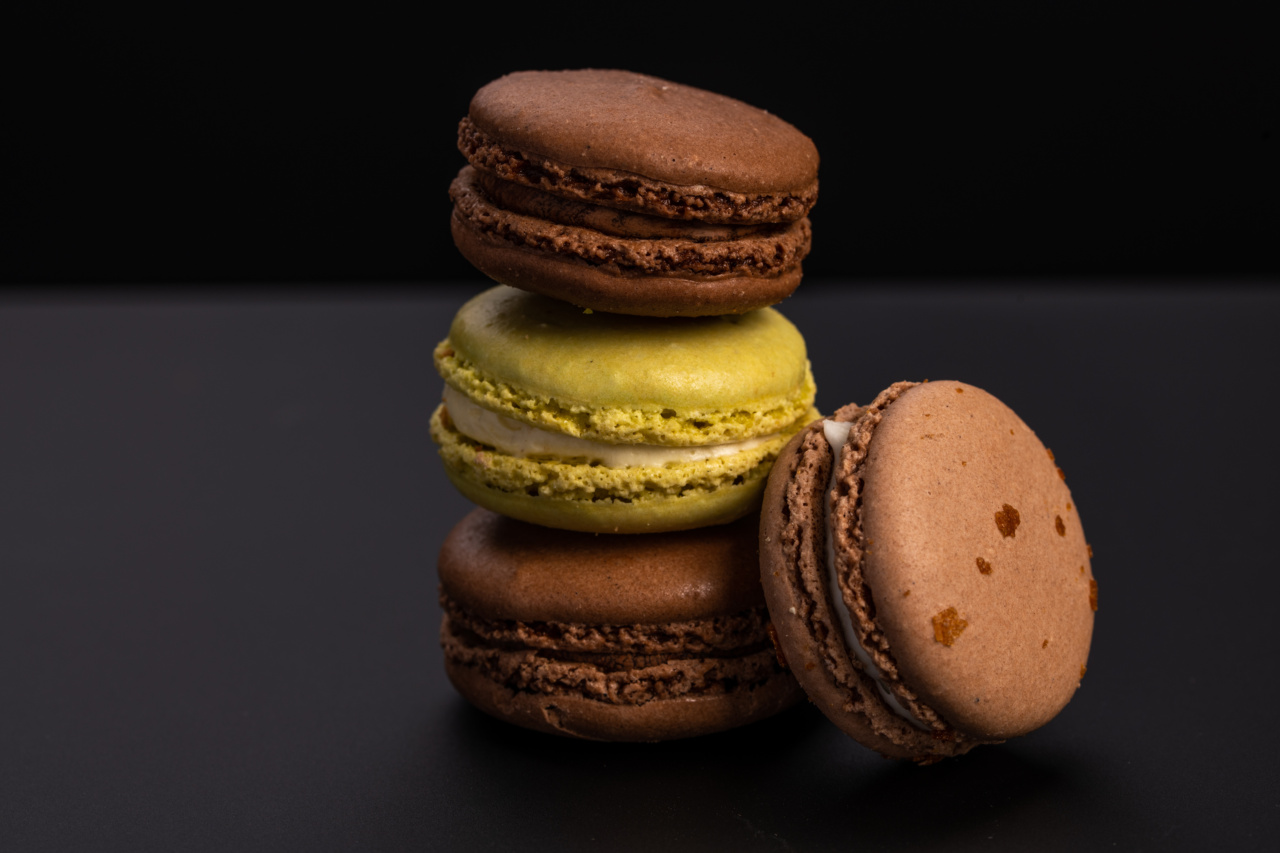Although sugar may make our taste buds happy, it’s no secret that consuming too much sugar can have negative effects on our health. From weight gain to increased risk of chronic diseases, excessive sugar intake can wreak havoc on our bodies.
To help maintain a healthier lifestyle, it’s important to limit our sugar intake. Thankfully, there are several alternative options available that can satisfy our sweet tooth while keeping our sugar consumption in check.
Let’s explore these alternatives and discover how we can make healthier choices without compromising on taste.
1. Stevia
Stevia is a natural sweetener that is extracted from the leaves of the Stevia rebaudiana plant. It is incredibly sweet, yet has zero calories and does not raise blood sugar levels.
Stevia is a suitable substitute for sugar in beverages, baking, and even cooking. It is available in both powdered and liquid form, making it convenient to use in various recipes.
2. Monk Fruit Sweetener
Monk fruit sweetener is derived from the monk fruit, also known as Luo Han Guo. It is a natural sweetener that contains zero calories and does not impact blood sugar levels.
Monk fruit sweetener is approximately 150-200 times sweeter than sugar, so a little goes a long way. It can be used in beverages, baked goods, and other recipes that require sweetness.
3. Erythritol
Erythritol is a sugar alcohol that occurs naturally in certain fruits and fermented foods. It has a sweet taste and provides fewer calories compared to regular sugar.
Erythritol does not raise blood sugar levels and is suitable for people with diabetes or those following a low-carb diet. It can be used to sweeten beverages and desserts, but may not work well in baked goods that require bulk or texture.
4. Coconut Sugar
Coconut sugar is derived from the sap of the coconut palm. It is less processed than white sugar and contains small amounts of fiber, vitamins, and minerals.
While coconut sugar does contain calories and carbohydrates, it has a lower glycemic index compared to white sugar. This means it causes a slower rise in blood sugar levels. Coconut sugar can be used as a 1:1 replacement for regular sugar in most recipes.
5. Maple Syrup
Maple syrup is a natural sweetener made from the sap of maple trees. It contains antioxidants and some minerals like manganese and zinc. While maple syrup is still a form of sugar, it offers more nutritional benefits compared to refined white sugar.
Use it in moderation as a topping for pancakes, waffles, oatmeal, or as a sweetener in baking recipes.
6. Agave Nectar
Agave nectar comes from the agave plant, which is native to Mexico. It is sweeter than sugar and can be used as a substitute in baking, beverages, and various recipes.
However, it is important to note that agave nectar is high in fructose, which can be harmful when consumed in excess. Use it sparingly and prioritize other alternatives when possible.
7. Date Paste
Date paste is a natural sweetener made by blending dates with water. It has a caramel-like flavor and can be used to sweeten smoothies, baked goods, and desserts. Dates are also a good source of dietary fiber and various vitamins and minerals.
However, due to their high natural sugar content, it’s important to consume date paste in moderation.
8. Cinnamon
Cinnamon is a spice that can add natural sweetness to foods and beverages without the need for additional sugar. It has a warm, aromatic flavor that complements a wide range of dishes.
Sprinkle some cinnamon on your oatmeal, yogurt, or even in your coffee to enjoy its natural sweetness and numerous health benefits.
9. Unsweetened Applesauce
Unsweetened applesauce is made by cooking and pureeing apples without any added sugars. It can be used as a substitute for sugar in baking recipes, providing moisture and natural sweetness. Applesauce also adds a hint of apple flavor to your dishes.
Just make sure to choose unsweetened varieties to keep your sugar intake in check.
10. Vanilla Extract
Vanilla extract is a popular flavor enhancer that can add a touch of sweetness to your recipes. By using vanilla extract, you can reduce the amount of sugar needed. It works well in various baked goods, smoothies, and desserts.
Choose natural, high-quality vanilla extracts for the best flavor.
Conclusion
Limiting your sugar intake doesn’t mean you have to sacrifice on taste. With these alternative options, you can still enjoy a touch of sweetness while making healthier choices.
Experiment with different alternatives to find the ones that suit your taste preferences and dietary needs. Remember, moderation is key, even when using these healthier alternatives.































